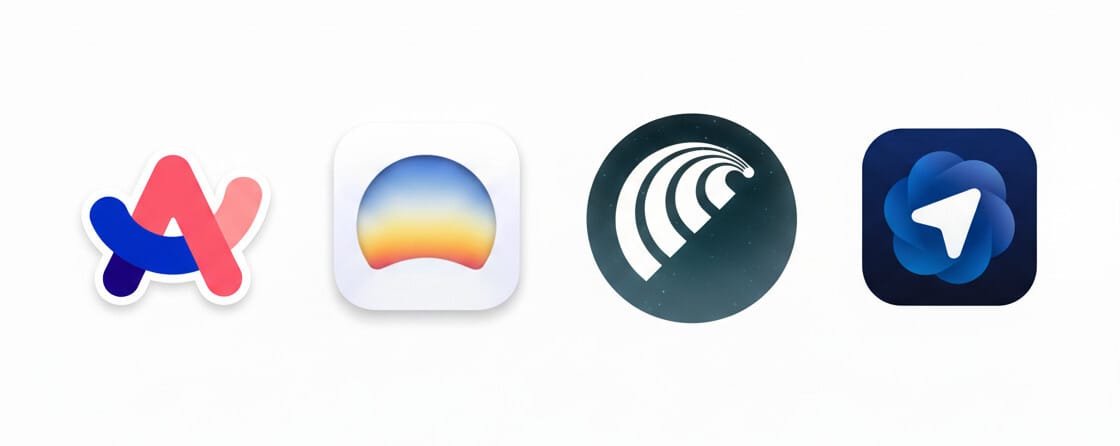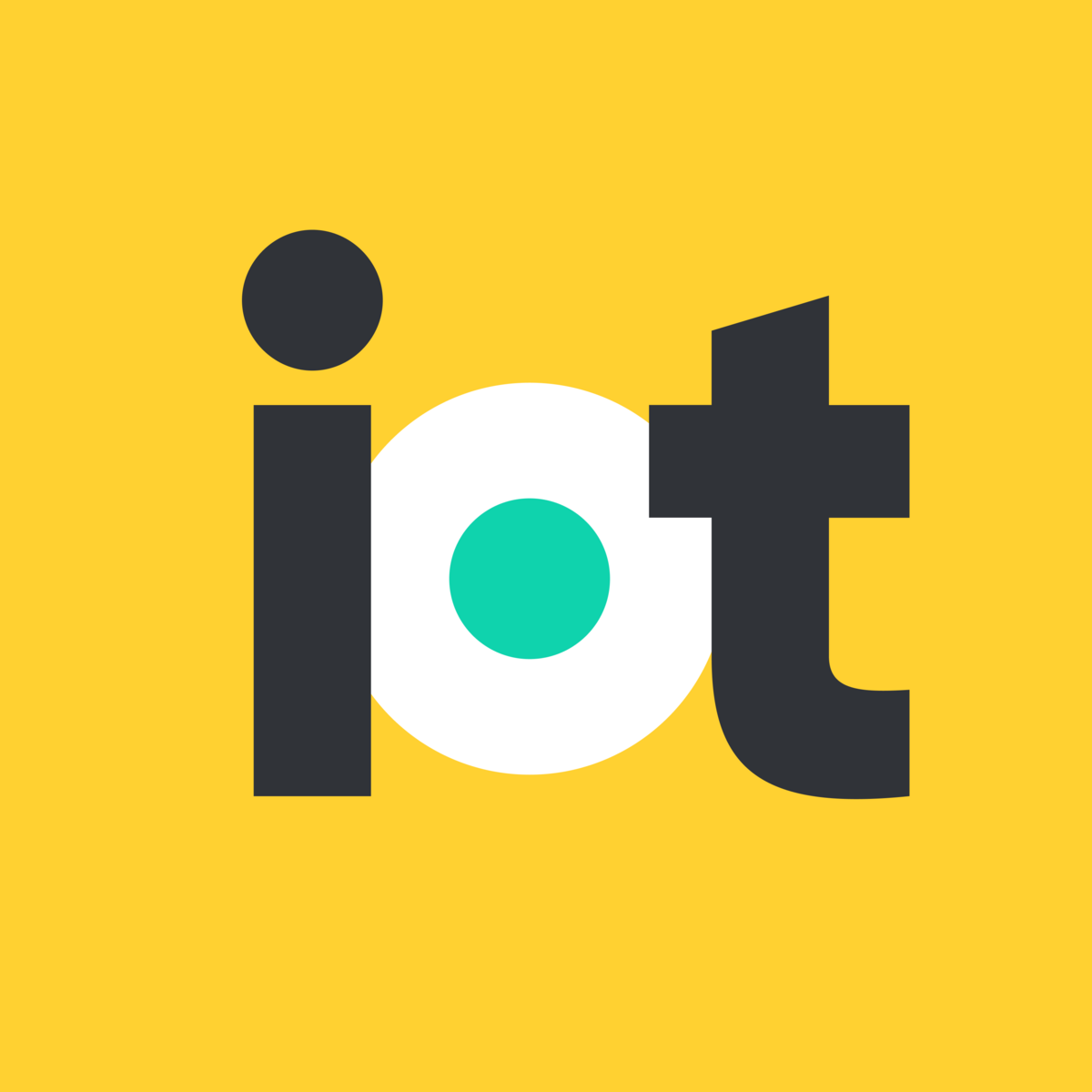Hello readers,
Welcome to the AI For All newsletter! Today, we’re discussing the state of the AI browser war, AI-supported edge orchestration, and more!
OpenAI barges into the browser war

The AI browser war is officially underway, and it’s evolving fast. This week, OpenAI launched ChatGPT Atlas, a Mac-only browser that’s already rocking the boat not only because OpenAI is arguably the biggest name in the game, but also because of the browser’s drastic approach. Unlike other AI browsers that add sidebars or pop-up helpers, Atlas puts ChatGPT at the core of how you search, read, and interact online, allowing users to summarize pages, perform actions, and even write within browser-based apps like Google Docs. It’s a rethink of what browsing is, built entirely around AI context and memory, for better and worse.
This comes at a time when the Arc browser, once heralded as a revolutionary take on the web experience, is effectively sunsetting. While still functional, Arc is no longer being actively updated as its creators shift focus to Dia, their newer, AI-native browser. Dia keeps the familiar layout most users expect, but infuses it with powerful features like on-screen video summarization, multi-tab reasoning, and a flexible automation system called Skills. It’s smart, but still in beta, and its usefulness often depends on how much manual prompting a user is willing to do.
Meanwhile, Perplexity’s Comet browser offers a more accessible AI experience, blending in useful tools like tab comparison, summarization, and shortcut automations within a Chromium base. Like Dia, it has promise but isn’t yet a must-have for most users. Its assistant can be genuinely helpful, especially for researchers or power users,but still stumbles with browser automation and voice interactions.
What sets Atlas apart, at least for now, is how soup-to-nuts the AI integration is. Where Comet and Dia occasionally feel bolted on or clunky, Atlas reimagines the browser as a co-pilot, an active participant in your digital life. Whether users will accept the deeper data tradeoffs remains to be seen, but one thing is clear: with OpenAI’s entry, the AI browser race has entered a new phase. Arc is out, and Atlas is setting the pace.
Master ChatGPT for Work Success
ChatGPT is revolutionizing how we work, but most people barely scratch the surface. Subscribe to Mindstream for free and unlock 5 essential resources including templates, workflows, and expert strategies for 2025. Whether you're writing emails, analyzing data, or streamlining tasks, this bundle shows you exactly how to save hours every week.
🔥 Rapid Fire
Commentary: OpenAI’s Atlas browser is anti-web and spyware
Analysis: OpenAI needs $400 billion in the next 12 months
Exclusive: how much Anthropic and Cursor spent on AWS
ChatGPT app seeing slowing download growth and daily use
Microsoft didn’t want to build more compute for OpenAI [screenshot]
Oracle assures investors on margins, struggles to profit from NVIDIA chips
The AI bubble won’t just take down the stock market but the economy too
When the AI bubble pops, we’ll all suffer — but could it be worse?
A guide to cushioning your portfolio against an AI bust
Does the flurry of circular AI deals signify a bubble?
The warning signs lurking below the surface of a record market
Things must be going really well: Meta lays off 600 from its AI unit
Reddit sues Perplexity and others over data scraping
Americans worry about AI data centers’ harm to the environment
Researchers find that clickbait gives AI models ‘brain rot’
AI assistants make widespread errors about the news, research shows
Meet Tianran Mu, the man who makes AI slop by hand
AI workers put in 100-hour workweeks to ‘win the new tech arms race’
People say they’re experiencing AI psychosis and beg the FTC for help
China’s chipmakers are cleverly innovating around America’s limits
Alibaba prices AI glasses at $660 and launches a ChatGPT competitor
📖 What We’re Reading
“AI-powered orchestration is only as strong as the systems it can connect. That’s why it’s crucial to have a platform able to support a variety of devices, data formats, and network types, allowing organizations to integrate new technologies without replacing what’s already in place.
Whether it’s a small proof-of-concept or a global deployment, the same tools, security model, and workflows should apply, ensuring consistent performance and predictable results at any scale.“




